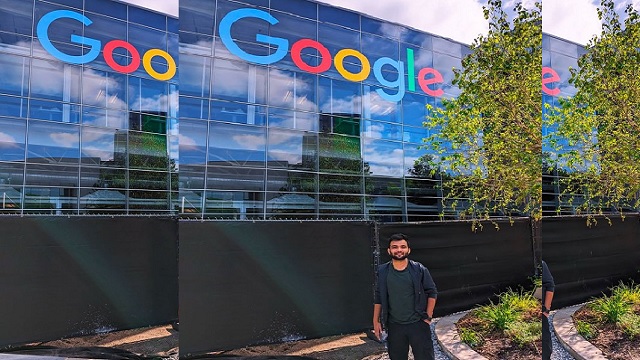Dreaming to work in Google, Here are the ‘pros and cons’ of working at the search giant

If you aim to work at Google and wonder about the perks and challenges of taking a job under the search giant then we have the information about it all thanks to a Bengaluru-based software engineer.
The engineer, Raj Vikramaditya, with social media handle ‘Striver’, recently shared a X post stating the ‘pros and cons’ of working at Google. He made the list based on his experience on working at Google for three years.
He listed some points in Pros and some more in Cons. So, lets a take a look at the list. Among the advantages of working at Google, he included Work life balance(WLB). Describing further he wrote that, “They take care of almost everything you can think of—food, gym, spa, trips, parties.” Another perk he pointed out is the quality of Google’s codebase, saying, “Once you dive into it, you’re in awe of the quality, design, and overall architecture.”
He also said that working at Google meant being constantly surrounded by top-tier talent which helped him to stay sharp and improve continually. “Being around such talent is inspiring,” he noted.
Vikramaditya also noted additional perks like additional pay for on-call shifts, peer bonuses, and spot bonuses, as well as access to excellent internal tools. According to him, Google’s internal tools were so advanced that similar ones in the outside world were often standalone startups, run by different companies. The company’s well-maintained documentation also made team transitions smoother.
Despite the many perks, the Bengaluru techie also shared some challenges that he faced while working at Google. One of the primary concerns he mentioned was the slow approval process. However, he recognised that with such a large company, multiple layers of approval are essential to mitigate risks, such as potential lawsuits.
Another issue he pointed out was the “limited scope” for many employees. He said that most teams don’t get to work on end-to-end features. Much of the infrastructure is pre-built, so unless you’re on a core team, the learning curve might not be as steep. Additionally, he highlighted the challenge of team-switching and promotions. Work done in one team often doesn’t count towards promotions after switching, which leads some employees to switch teams right after a promotion, making the promotion process slower in some teams.
Vikramaditya’s post, which has since garnered over 97,000 views, and has become a topic of discussion among many users.
















